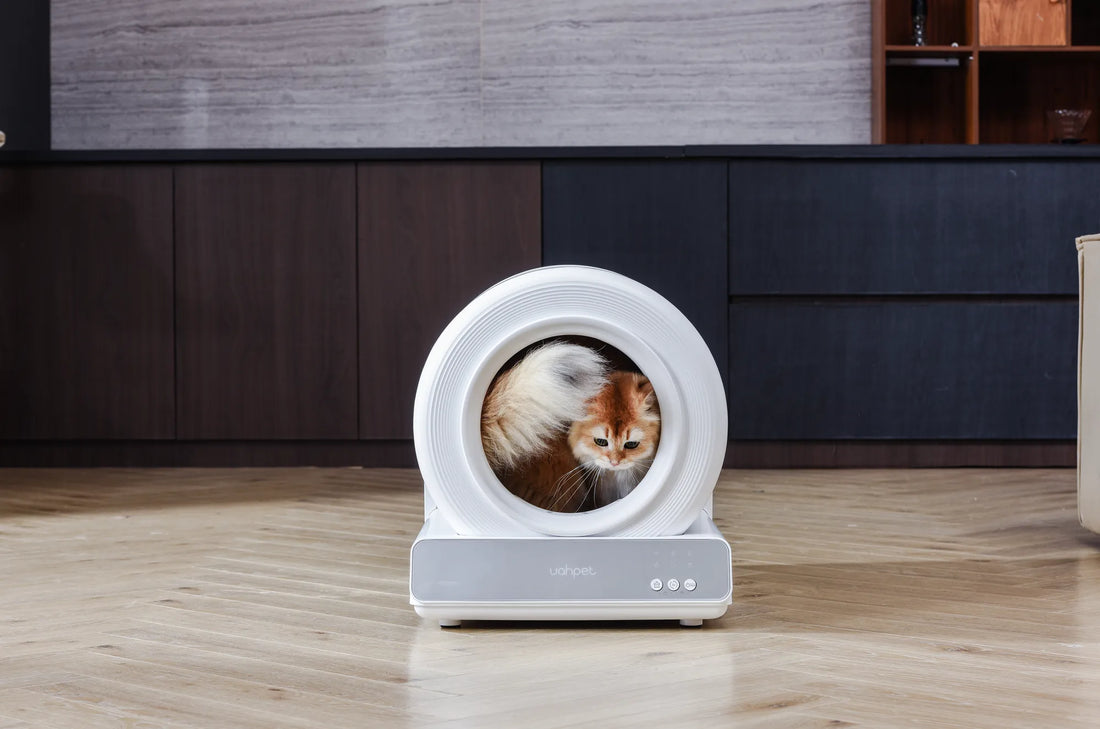Understanding the Problem
When your cat starts peeing on the floor near the litter box, it can be both frustrating and concerning. This behavior is not only messy but can also indicate underlying issues that need to be addressed. Understanding why your cat is doing this is the first step toward finding a solution.
Common Causes of This Behavior
There are several reasons why a cat might pee on the floor near the litter box. Some of the most common causes include medical issues, stress, and problems with the litter box itself. Identifying the root cause is crucial for resolving the problem.
Medical Issues
Medical problems such as urinary tract infections, bladder stones, or kidney disease can cause your cat to avoid the litter box. If your cat is experiencing pain or discomfort while urinating, they may associate the litter box with this discomfort and choose to pee elsewhere.
Stress and Anxiety
Cats are sensitive creatures, and changes in their environment can lead to stress and anxiety. Moving to a new home, the addition of a new pet, or even changes in your daily routine can cause your cat to act out by peeing on the floor.
Litter Box Problems
Issues with the litter box itself can also lead to this behavior. If the litter box is too small, not cleaned frequently enough, or located in a noisy or high-traffic area, your cat may choose to pee elsewhere.
How to Address the Issue
Once you have identified the cause of your cat's behavior, you can take steps to address it. Here are some strategies that can help:
Consult Your Veterinarian
If you suspect that your cat's behavior is due to a medical issue, the first step is to consult your veterinarian. They can perform a thorough examination and recommend appropriate treatment.
Reduce Stress
If stress is the cause, try to identify and eliminate the source of your cat's anxiety. Providing a safe and quiet space for your cat, using calming pheromones, and maintaining a consistent routine can help reduce stress.
Improve the Litter Box
Make sure the litter box is clean, spacious, and located in a quiet area. Some cats prefer certain types of litter, so you may need to experiment with different options to find one that your cat likes.
Preventing Future Incidents
Preventing your cat from peeing on the floor near the litter box involves addressing the underlying causes and making adjustments to their environment. Here are some tips to help prevent future incidents:
Regular Vet Check-Ups
Regular veterinary check-ups can help catch medical issues early before they lead to behavioral problems. Make sure your cat is up-to-date on all vaccinations and preventive care.
Maintain a Clean Litter Box
Keeping the litter box clean is essential. Scoop it daily and change the litter regularly. If you have multiple cats, provide one litter box per cat plus one extra to avoid competition.
Create a Calm Environment
Creating a calm and stable environment for your cat can help reduce stress. Avoid sudden changes in routine and provide plenty of hiding spots and perches for your cat to feel safe.
When to Seek Professional Help
If you have tried all the above strategies and your cat continues to pee on the floor near the litter box, it may be time to seek professional help. A veterinarian or a certified animal behaviorist can provide further guidance and support.
Behavioral Therapy
In some cases, behavioral therapy may be necessary to address the issue. A professional can help you develop a tailored plan to modify your cat's behavior and create a more harmonious living environment.
Medication
In severe cases, medication may be prescribed to help manage your cat's anxiety or other underlying issues. Always consult with your veterinarian before starting any medication.
Understanding why your cat is peeing on the floor near the litter box and taking proactive steps to address the issue can help restore harmony in your home. By identifying the root cause and making necessary adjustments, you can ensure your cat remains happy and healthy.













